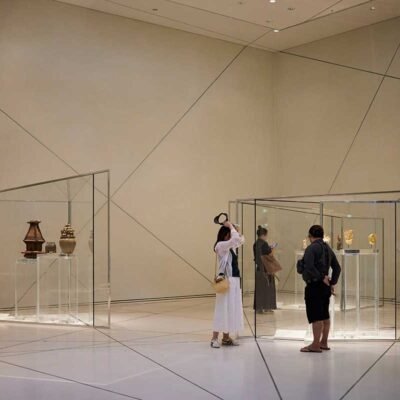Investment firm Hivemind Capital Partners is in the work of raising nearly $50 million for a fund. According to a Bloomberg report, Hivemind Capital is trying to raise at least $50 million for a fund that will focus on the nexus between blockchain technology and digital art. The move comes at a time when the market is witnessing the most recent cryptocurrency boom and the nonfungible tokens are attempting to resurface.
Blockchain’s Advancement Likely to Help Digital Art Space
According to Medium, the capacity of blockchain to verify the authenticity and scarcity of digital artworks is what revolutionizes the field. A digital artwork could be replicated exactly before blockchain, which made it challenging to develop a market for digital art. How was the artist supposed to establish that their work was the original and market it as a one-of-a-kind creation if it was so easy to create a replica of a digital artwork?
Hivemind Capital’s managing partner Matt Zhang said that the New York-based investment firm has already raised around half of its goal for the Hivemind Digital Culture Fund. The company intends to raise money for the remainder of 2024 before investing it over the following three years.
Read Also: Gemini Earn Lawsuit Advances as Judge Denies Dismissal
Hivemind Capital NFT Acquisition
Bloomberg also highlighted that the discredited founders of failed crypto hedge firm Three Arrows Capital created Starry Night Capital, an NFT fund, and Hivemind purchased “all of the crown jewels” from their portfolio in the last two months, he claimed. Zhang pointed out that NFTs are currently under stress and are weak compared to other crypto assets like Bitcoin, but he believes they will soon catch up.
Tokens that represent a distinct asset and are not interchangeable are known as non-fungible tokens or NFTs. Every Record is an individual NFT. This makes each piece of art produced and registered on a Record provably unique, turning it into a far more valuable digital asset.
The ledger technology of blockchain serves as a public record-tracking system that allows anybody to follow the history of an artwork. This makes it feasible for the artist to demonstrate the complete lifecycle of the piece on this publicly accessible database, demonstrating the authenticity of a digital artwork in a manner that was previously unfeasible. Unique or authentic works of art are valuable, and digital art can now be evaluated using the same standards as traditional or physical art.
Read Also: Jack Dorsey Block Debuts Bitcoin Wallet, Skips Crypto Pay





